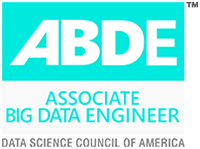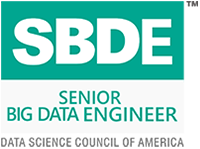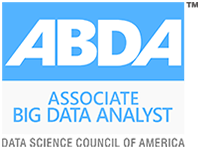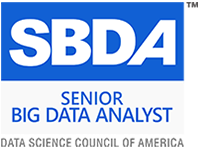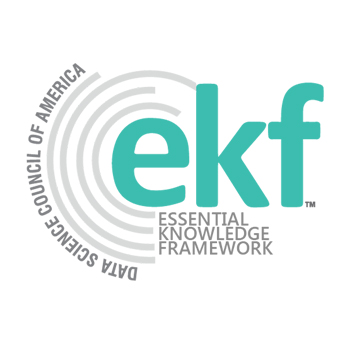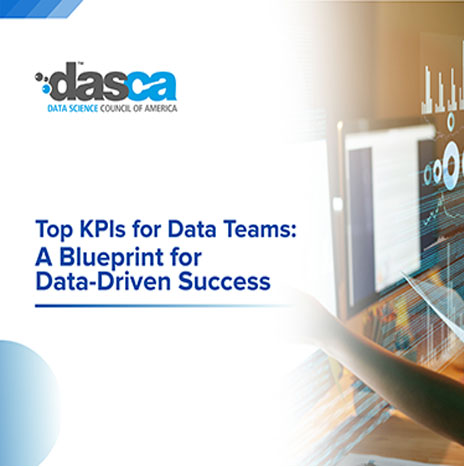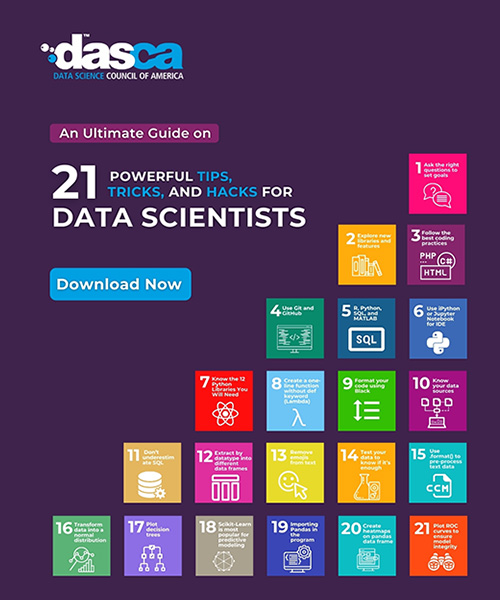
The terms data warehouse, data mart, and data lake are frequently used interchangeably, leading to confusion. Trends like data integration, analytics, cloud storage, and unified data repositories play a pivotal role in shaping various business functions, from product design to sales. Key stakeholders such as data scientists and data analysts are crucial players in navigating this landscape, utilizing their expertise in data science and data analytics.
However, it's crucial to understand the distinctions between these concepts. This post aims to explain data warehouse, data mart, and data lake— their similarities and differences.
Data Warehouse
A Data Warehouse, a structured repository for query-driven data storage, collaborates with an operational data store (ODS) to aggregate information from diverse organizational databases. Data scientists and data analysts benefit from its consolidation of insights from point-of-sales, customer data, online activity, and HR data into a unified space. The ODS, crucial for normalizing and cleaning data, prepares it for storage in the Data Warehouse, enhancing the efficiency of subsequent analyses. This structured environment is particularly valuable for data scientists and analysts focusing on managerial insights, such as Profits, Costs, and Revenues. The metrics of interest to Marketing & Sales may differ, emphasizing the versatility of data warehouse in catering to various needs within an organization.
Key Features
- Preserves significant historical data, avoiding loss during new additions.
- Efficiently collects comprehensive data from various sources.
- Collaborates with ODS for storing cleaned and structured data.
- Organized based on subjects, enabling focused analytics.
- Serves as the primary resource for data analytics, utilized in dashboards and reports.
Data Mart
A Data Mart serves as a specialized database, extracting a subset of data from larger repositories like a data warehouse or lake, with a targeted focus, often on subjects such as sales or customer data. Tailored for specific analytical domains, data mart is conceptualized as vertical slices of the data stack, aligning with distinct teams within an organization. This structure facilitates seamless utilization by data scientists and data analysts who play crucial roles in leveraging meticulously curated data for advanced analytics. Data science and data analytics benefit from the focused nature of data mart, providing relevant information for making informed decisions within specific company departments. The integration of dashboards and visualizations enhances the accessibility and interpretability of insights derived from these specialized databases.
Key Features
- Tailored support for individual business units such as sales, marketing, finance, or operations.
- Facilitates streamlined access to relevant data for users within specific domains.
- Accelerates time to insights by optimizing query and reporting performance through data volume reduction.
Data Lake
A data lake serves as the central repository for all types of data generated across different segments of your business, encompassing structured data feeds, chat logs, emails, images (such as invoices, receipts, checks), and videos. Notably, data lake operates faster than traditional databases, facilitating swift data analysis. They collect data over an extended period, enabling a flexible and predefined methodology-free data upload. It indiscriminately captures all information, even from invalidated or returned transactions, providing a cost-effective solution for extensive data storage crucial for business analysis.
Key Features
- Data Lakes aggregate diverse data from multiple sources over time.
- They allow flexible data uploads without predefined methodologies.
- Data Lakes caters to various user requirements across business functions.
- They process, cleanse, and compile data for analysis.
What Do Data Warehouse, Data Mart, and Data Lake Have in Common?
Data Warehouse, data mart, and data lake share significant similarities as centralized data storage platforms for diverse data analytics and data science tools, facilitating organizations in managing extensive data volumes. These commonalities include:
- Data Integration from Multiple Sources: All three platforms seamlessly integrate data from various pipelines, consolidating it into a single storage repository.
- Reliable Data Source for Analytics: They collectively serve as dependable and trustworthy data sources for business analytics, ensuring the integrity of stored information.
- Historical Data Preservation and Continuous Loading: These platforms preserve historical data while accommodating the modification and loading of new data to maintain data currency.
- Query Capabilities: Users can query these platforms using SQL or other languages to extract data tailored for specific analytical purposes.
- Access to Metadata: Each platform provides access to metadata associated with the stored information, enhancing understanding and management.
- Data Regulation Compliance and Security Measures: They ensure compliance with data regulations and implement security measures such as encryption and authentication to safeguard sensitive data.
- Scalability: All three platforms are scalable, allowing expansion in terms of storage and capabilities to meet the evolving needs of business processes and data volumes.
While these platforms have some similarities, it is also interesting to note what makes each pair different.
Differences Between Data Warehouse, Data Mart, and Data Lake
These three types of data stores are highly suitable for holding data based on an organization's specific requirements. Let's look at the comparison and understand the key differences—
| Feature | Data Warehouse | Data Mart | Data Lake |
|---|---|---|---|
| Purpose | Centralized storage for structured data from various sources | Decentralized storage focusing on specific subject areas | A centralized repository for storing any type of data |
| Data Sources | Multiple internal and external sources | Fewer sources, often derived from existing data warehouses | Unlimited sources, including structured, semi-structured, and unstructured data |
| Focus | Comprehensive analytics across multiple business units | Specific subject areas or departments | Flexible storage for varied use cases and data types |
| Utilization | Organization-wide use with a longer lifespan | Project-focused with limited use, may be terminated | Flexible usage with varying lifespans based on data relevance |
| Scope | Centralized, multiple subject areas integrated | Decentralized, specific subject area | Centralized, all-encompassing storage for any data |
| Users | Business analysts, data scientists, data developers | Department-specific or community-specific users | Business analysts, data scientists, data developers, engineers |
| Size | Large, ranging from gigabytes to petabytes | Small, typically up to tens of gigabytes | Scalable, ranging from small to large volumes |
| Data Detail | Complete, detailed data | May hold summarized data | Any data, including raw, unprocessed data |
| Preprocessing | Extract, Transform, Load (ETL) tools used for cleaning | Limited preprocessing required, may leverage existing warehouse | Flexible preprocessing options, including Extract, Load, Transform (ELT) |
| Data Quality | High due to preprocessing and curation | Varied, may depend on source data quality and preprocessing | Depends on curation efforts and preprocessing |
| Performance | Fast query performance for structured data | Query results optimized for speed and storage volume | Query results optimized for cost and storage volume |
End Note
Data warehouse, data mart, and data lake serve as distinct tools for collecting and storing data, each tailored to specific information based on structure and size. The selection of the most suitable storage method depends on your specific use case. Comprehending the variances between a data lake, a data warehouse, and a data mart is crucial for making informed decisions about how to store data effectively.




